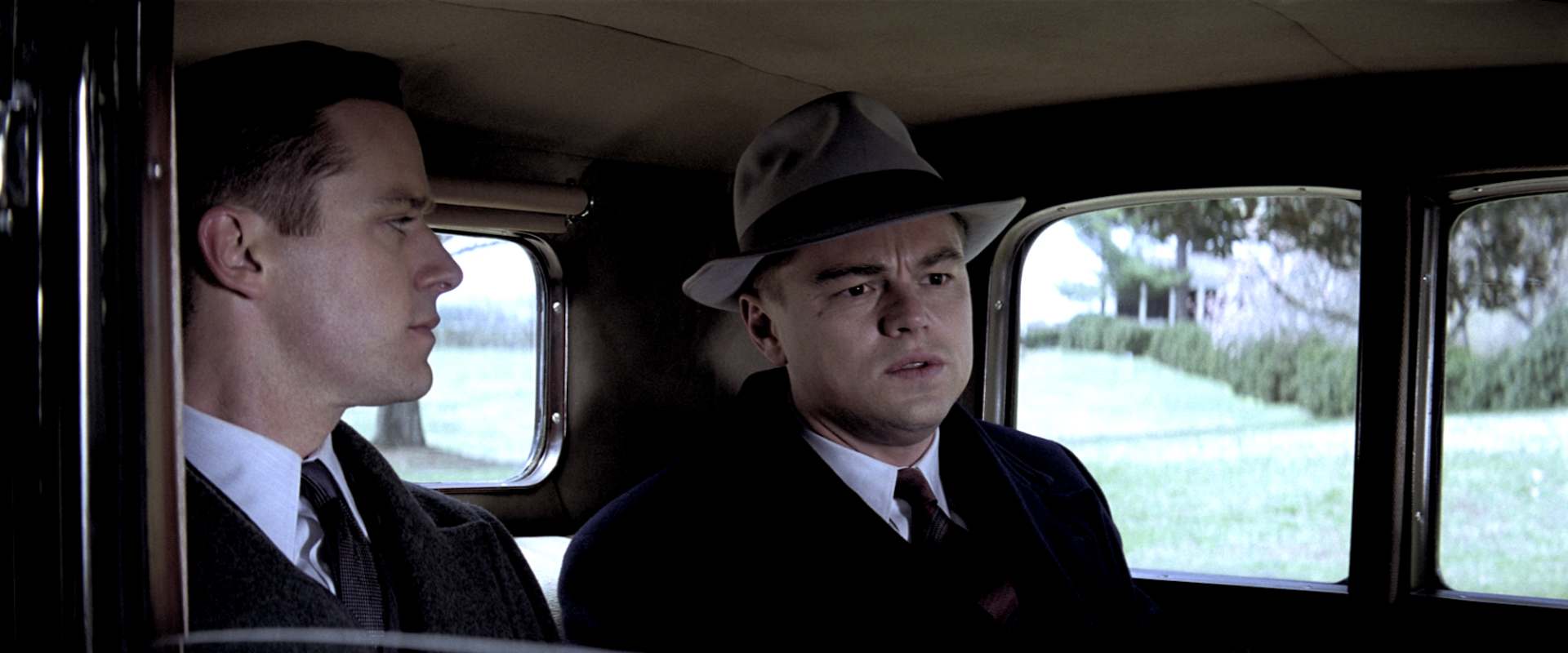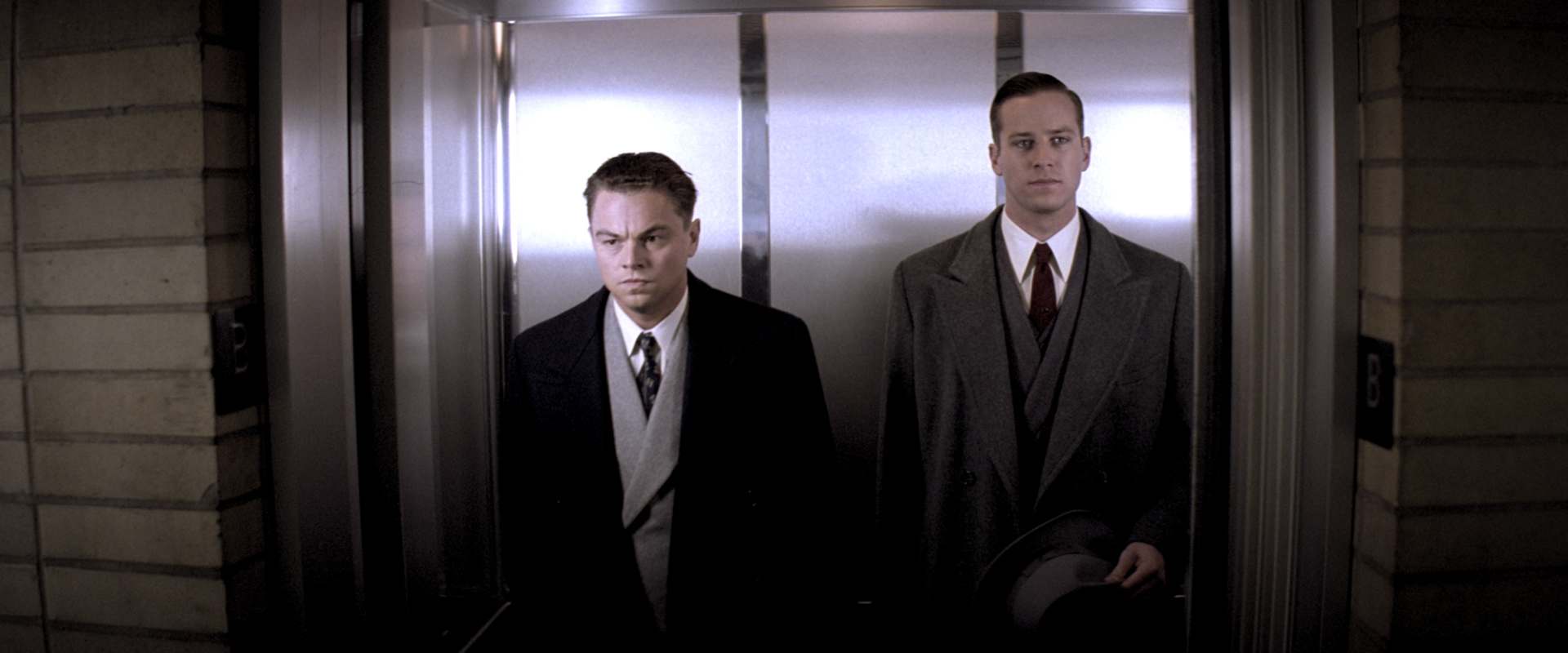3.1
5
J. Edgar Hoover, powerful head of the F.B.I. for nearly 50 years, looks back on his professional and personal life.
- DIRECTOR
-
- Clint Eastwood
- WRITERS
-
- Dustin Lance Black
- Imagine Entertainment
- STUDIOS
-
- Imagine Entertainment
- Malpaso Productions
- Wintergreen Productions
- WEBSITE
-
- WWW.FACEBOOK.COM/JEDGARMOVIE
Near the end of his career, J. Edgar Hoover, the Director of the Federal Bureau of Investigation (FBI) - the first person in this position - dictates the biography of his career from 1919 onward to a fellow agent, as he feels the "bad guys" get all the press, thus glorifying crime. His story generally focuses on his battle against the red insurgence of Communism in the United States. It also highlights the advancement of investigation over his tenure, increasingly using science as proof. What he wants as the centerpiece of his biography is the kidnapping case of Charles A. Lindbergh's infant, despite the scribe's belief that the outcome was questionable. However, much of what Hoover describes are highly exaggerated versions of the truth, done largely to portray himself as strong and not to embarrass himself, especially in light of public scrutiny on him, both professionally and personally. Many of his battles have been with people in authority, such as the eight presidents he served under as FBI Director. As such, he kept private files on many people as information to use against them if need be, those files which were well known to his enemies. Much of what he talks about is framed by his relationships with those few people who have been by his side for most of his career: his mother, Anna Marie Hoover, who always saw great things for her son, but who would rather not have a son at all than have one who was a "daffodil"; his personal secretary, Helen Gandy, who vowed to protect him at all cost; and Clyde Tolson, the FBI Associate Director, who was more than just a right hand man and friend.
SIMILAR MOVIES
-
An American Crime
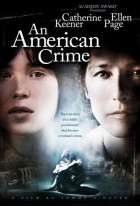
2007 •98 min -
American Gangster
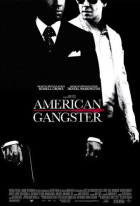
2007 •237 min -
Get Rich or Die Tryin'
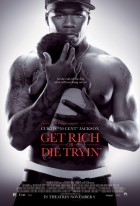
2005 •117 min -
Black Mass

2015 •123 min


